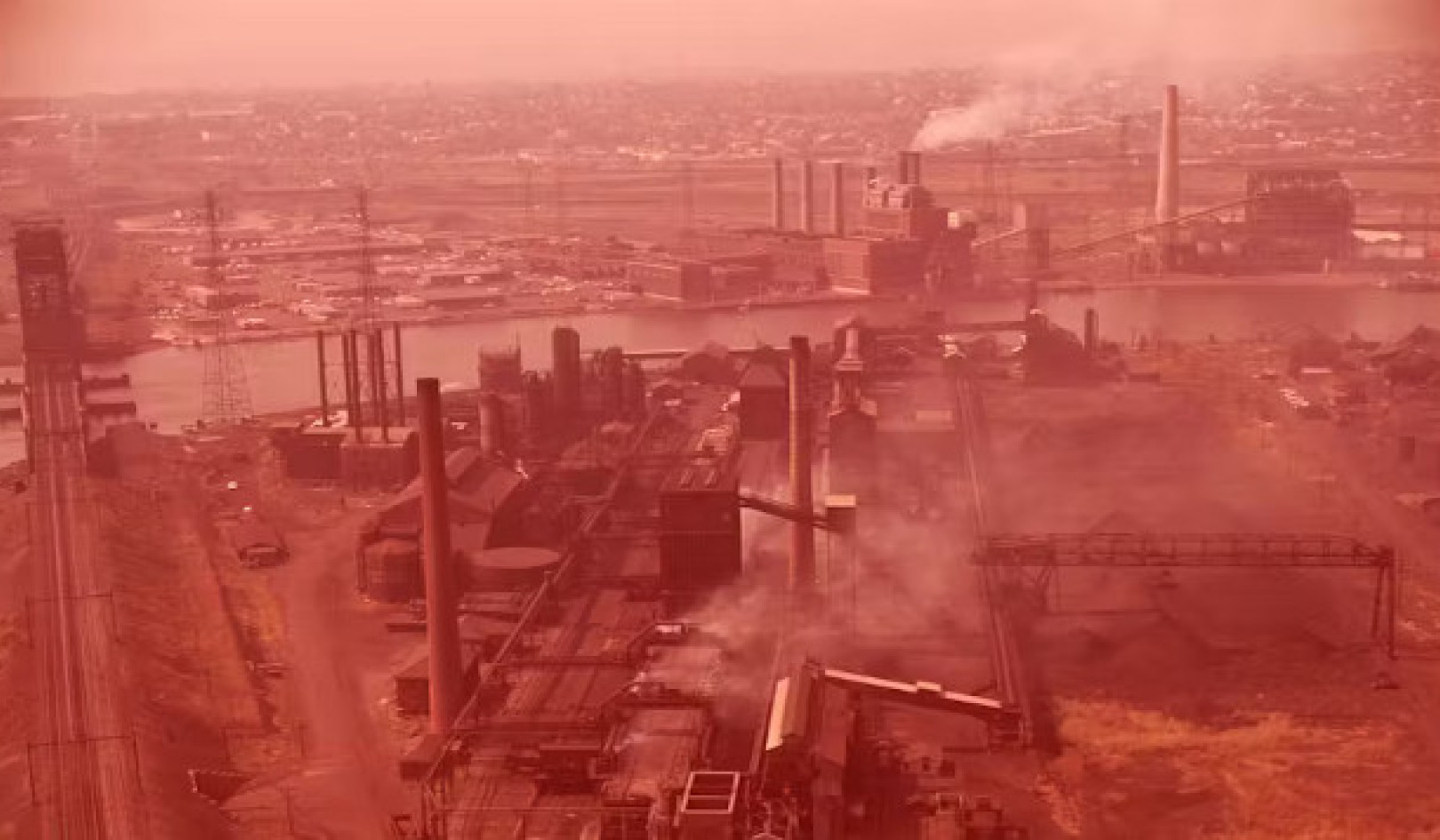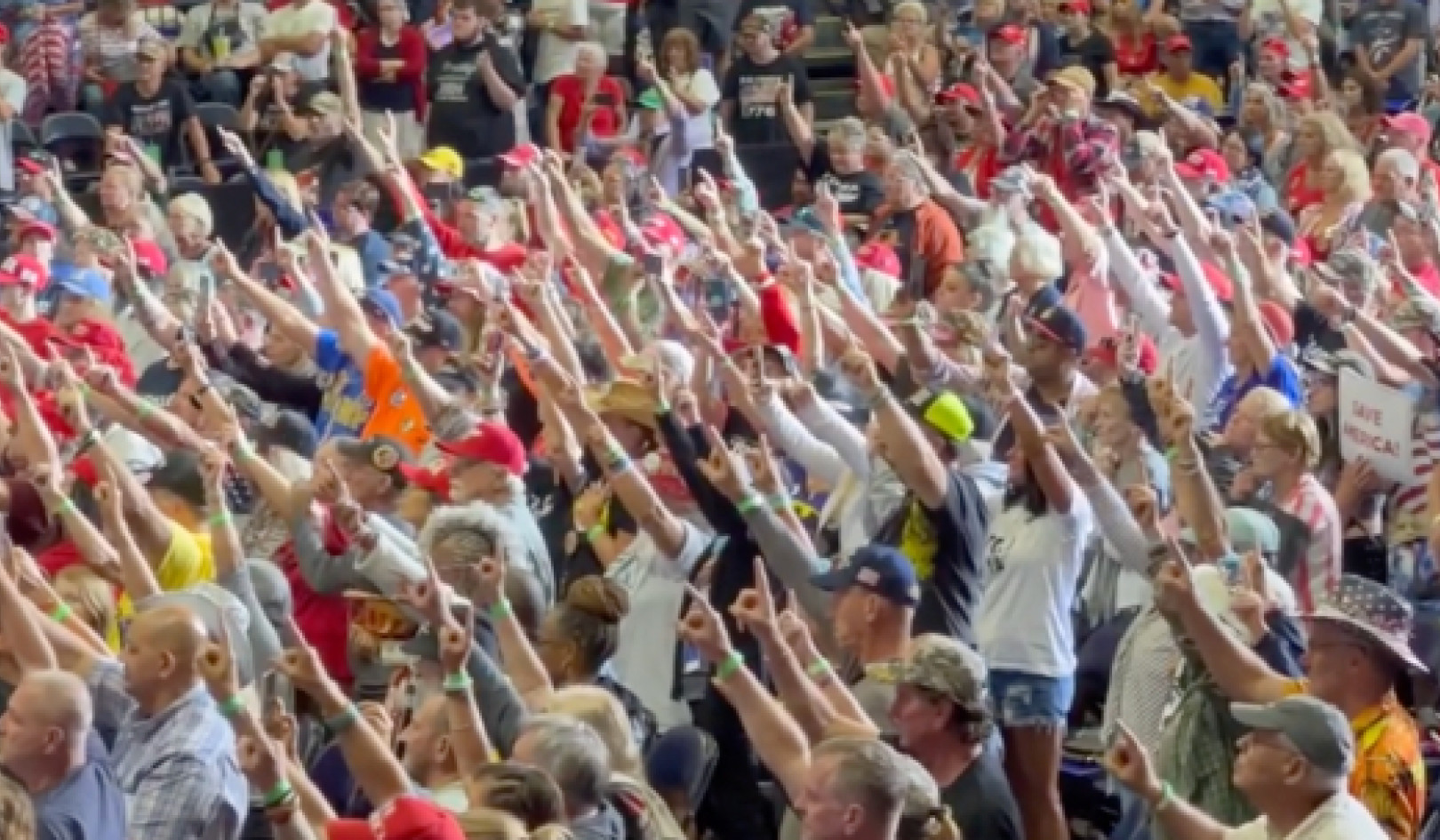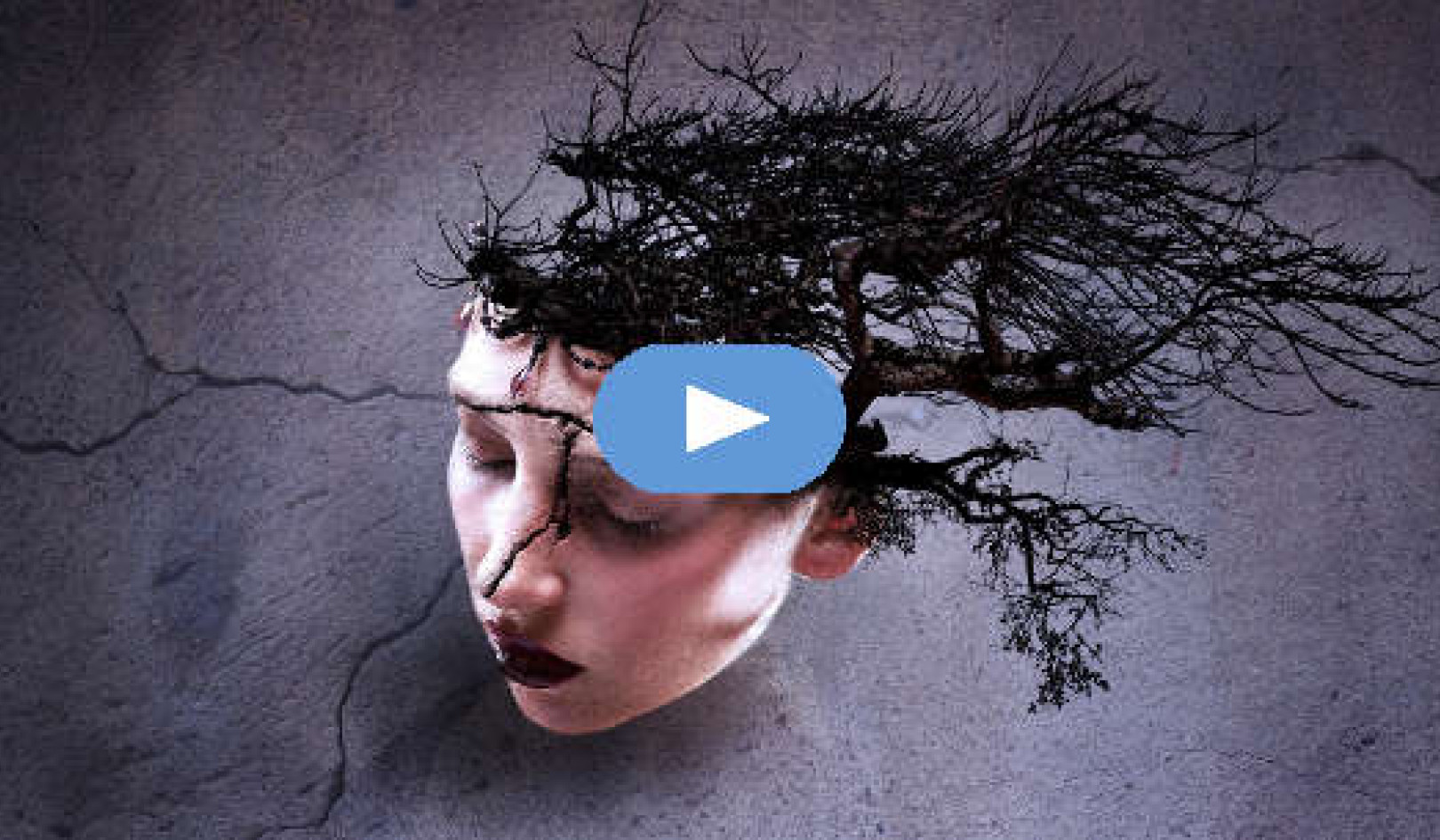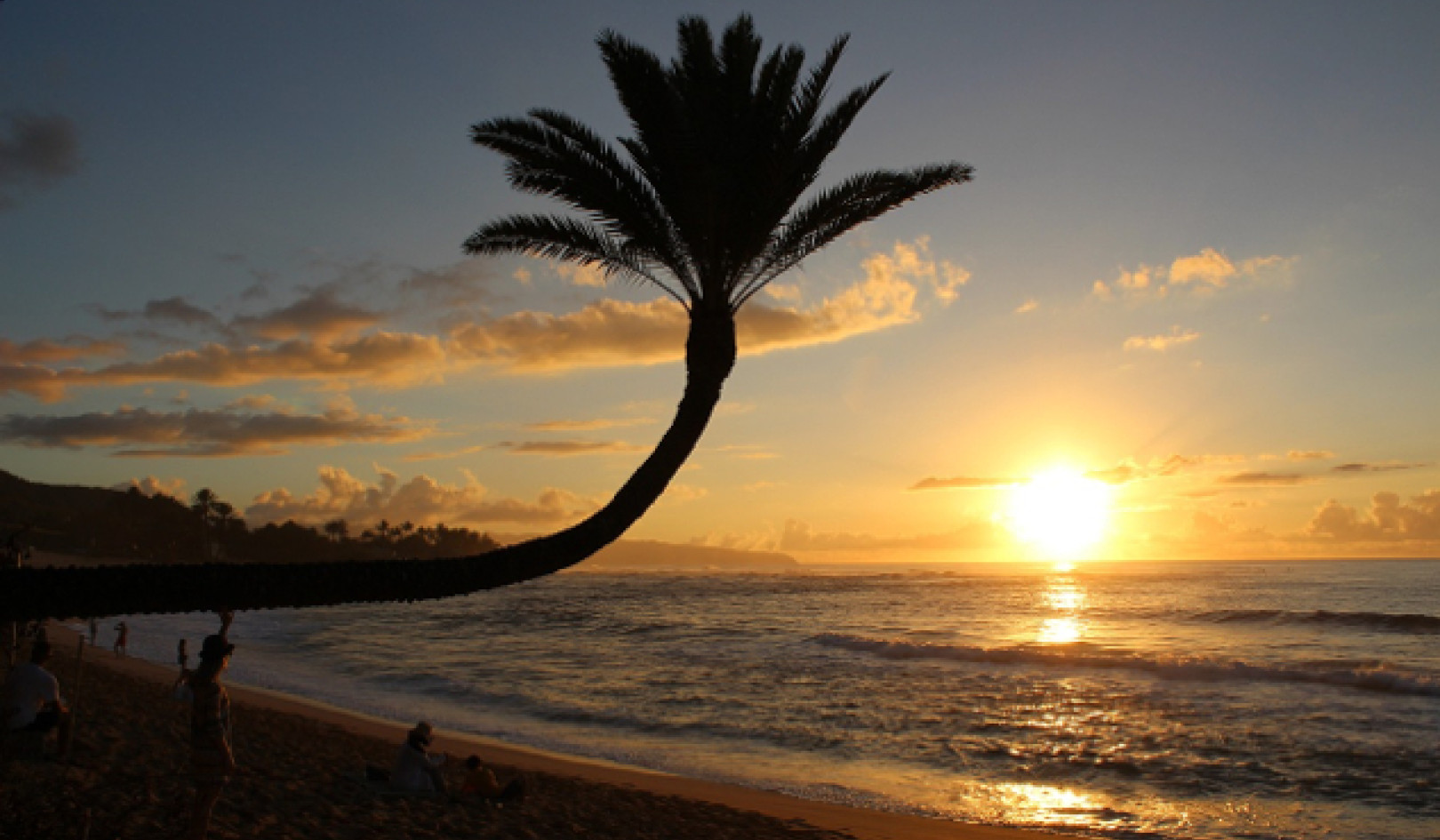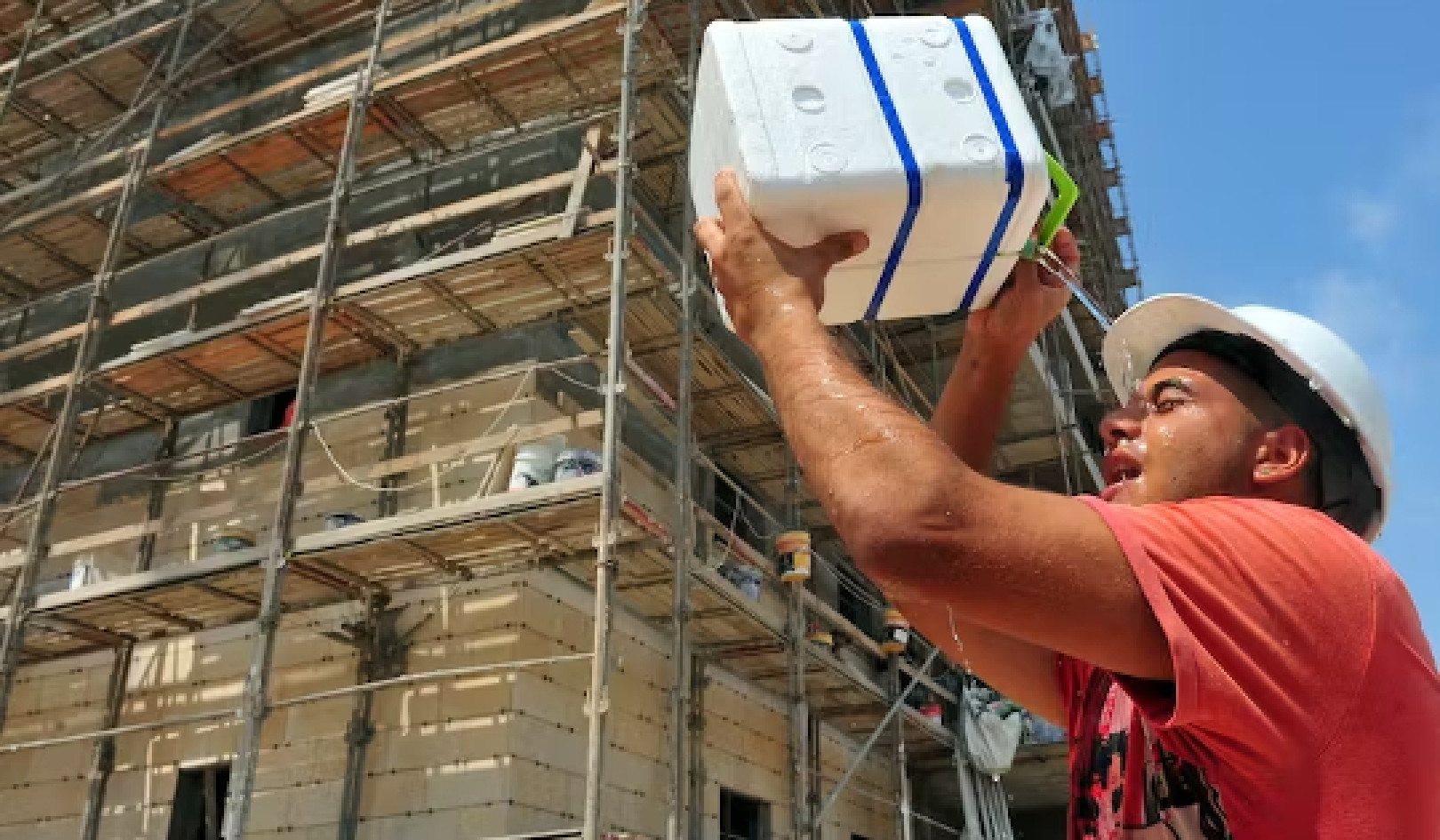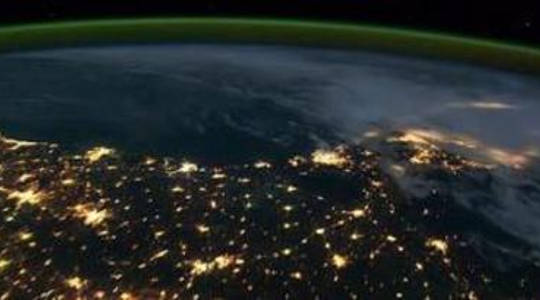
According to social commentator James Howard Kunstler, those of us who presently live in the comfortable Western countries are facing “the comprehensive downscaling, rescaling, downsizing, and relocalizing of all our activities, a radical reorganization of the way we live in the most fundamental particulars.” This may come as a shock to the many people who are constantly connected into a networked global world.
Does this mean we are to be transported back into the Dark Ages? In chapter 3, I made mention of an almost–Dark Ages scenario that I termed lockdown. This was suggested as a possibility should tumultuous events play out over a prolonged period of time. However, once the turbulence has passed (which I feel will be a relatively short-lived situation rather than a protracted one), there will be a different kind of age. It will be a return to values and relationships no longer obscured by unbalance and folly.
Recovering the Art of Living
The twenty-first century should be the age where we recover many of the valuable insights and skills in the art of living. Our efforts and skills — the very basis of our human activities and our spiritual and moral values — need to be redirected toward creating a more integral relationship between human living and our earthly environment. In other words, we need to discover a way back to an Earth that has been forgotten.
We, as individuals, need to develop our critical, reflexive faculties and to find a balance between our inner and outer needs. We require food, clothing, shelter, and community; we also require a sense of worth and belonging, of communion with our environment.
In giving shape to ourselves, radical new social and cultural forms are needed. These new forms should serve to place humankind within the dynamics of a living, cosmic, creative, and intelligent universe. After all, the universe of which we form a part is a fundamental, sacred reality. By losing our connection with the sacrosanct, we create a bubble of alienation between our species and our planetary and cosmic home. These are not esoteric concepts; these are natural laws.
Has Life Become Mechanical & Unfulfilling?
For many of us, the context for our existence has become mechanical and often unfulfilling. We have lost touch with the organic, with the alive and the renewing, and exist in material cocoons that are drip-fed. Within this barren context, we obscure our natural capacity for intimacy and cohesion with the living sea of energy that surrounds us.
We have so far lacked the epiphany (or the revelatory experience) needed to shock human consciousness awake and make it aware of its sacred communion with living processes. Perhaps that shocking epiphany will come in the form of crisis transitions.
Individuals: The Building Blocks of Society
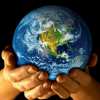 Just as humanity is a social species, individuals are the building blocks of society. The worth of any society is the sum of the citizens who comprise it. Unfortunately, most political systems dumbfound and dumb down the masses and castrate the power of the people. Yet this form of social castration has been increasingly contested over recent years by the welcome emergence and rise of some powerful and potent civil movements and nongovernmental organizations.
Just as humanity is a social species, individuals are the building blocks of society. The worth of any society is the sum of the citizens who comprise it. Unfortunately, most political systems dumbfound and dumb down the masses and castrate the power of the people. Yet this form of social castration has been increasingly contested over recent years by the welcome emergence and rise of some powerful and potent civil movements and nongovernmental organizations.
A part of the upcoming social transitions will be the need for increased social agency. The social community should once again become an empowering body, a collective that invests diverse individuals to work together for the common good. In this way, people would be encouraged to become more creative, constructive, and influential within collective life. This can work as an encouragement for each person to develop to the best of his or her capacity, to be a functional human being, able to transform dynamic inner power into a productive and useful force. Repeating what was said before, the renowned metaphysical poet John Donne once wrote, “No man is an island.”
Social Consciousness & Evolving Societies
Social scientist and futurist Duane Elgin has done research and written extensively on the subject of social consciousness and evolving societies. In this respect, he writes:
In our dangerous and difficult time of global transition, it is not sufficient for civilizations to be wise; we must become “doubly wise” through social communication that clearly reveals our collective knowing to ourselves. Once there is a capacity for sustained and authentic social reflection, we will then have the means to achieve a shared understanding and a working consensus regarding appropriate actions for a positive future. Actions can then come quickly and voluntarily. We can mobilize ourselves purposefully, and each person can contribute his or her unique talents to building a life-affirming future. (Awakening Earth, Duane Elgin)
Elgin goes on to state that for a sustainable future to be viable, there are six requirements: (1) to dismantle consumerism, (2) to return to ecological living, (3) to engage with sustainable futures, (4) to create a conscious democracy, (5) to embrace a reflective paradigm, and (6) to work toward reconciliation. All these features support a communal immersion, the very opposite of what has been occurring within the Western urban landscape.
New Forms of Social Community
To a large degree, modern urban living has contributed to isolating individuals from their wider social community and from the influence of their peers. Many people have been starved of the developmental input that comes from dynamic social intercourse. Progress cannot be achieved through extremes: neither through total individualism (anarchy) nor through an absolute collective (totalitarianism). As in quantum physics, each living organism has the capacity to function both as a sentient individual (a particle) and as a part of the unified collective field (a wave).
To accomplish this may require new forms of social community: emerging microcommunities, transit-orientated communities, garden cities, ecocities, and others. This could foster a new sense of contracted and coherent communities to replace the alienation of large urbanized areas and suburban sprawl.
©2011. All Rights Reserved.
Reprinted with permission of the publisher,
Inner Traditions, Inc. www.innertraditions.com
Article Source
New Consciousness For A New World: How to Thrive in Transitional Times and Participate in the Coming Spiritual Renaissance
by Kingsley L. Dennis.
Click here for more info and/or to order this book on Amazon.
About the Author
 Kingsley L. Dennis, PhD, is a sociologist, researcher, and writer. He co-authored 'After the Car' (Polity, 2009), which examines post-peak oil societies and mobility. He is also the author of 'The Struggle for Your Mind: Conscious Evolution & The Battle to Control How We Think' (2012). He is now collaborating with the new paradigm Giordano Bruno GlobalShift University, is a co-initiator of the Worldshift Movement and a co-founder of WorldShift International. Kingsley L. Dennis is the author of numerous articles on complexity theory, social technologies, new media communications, and conscious evolution. Visit his blog at: http://betweenbothworlds.blogspot.com and his personal website: www.kingsleydennis.com.
Kingsley L. Dennis, PhD, is a sociologist, researcher, and writer. He co-authored 'After the Car' (Polity, 2009), which examines post-peak oil societies and mobility. He is also the author of 'The Struggle for Your Mind: Conscious Evolution & The Battle to Control How We Think' (2012). He is now collaborating with the new paradigm Giordano Bruno GlobalShift University, is a co-initiator of the Worldshift Movement and a co-founder of WorldShift International. Kingsley L. Dennis is the author of numerous articles on complexity theory, social technologies, new media communications, and conscious evolution. Visit his blog at: http://betweenbothworlds.blogspot.com and his personal website: www.kingsleydennis.com.

























